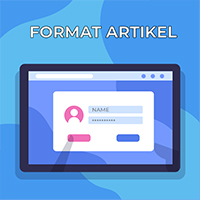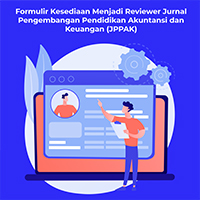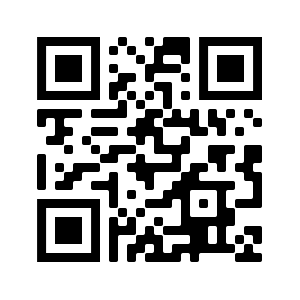PENGARUH PROJECT BASED LEARNING TERINTEGRASI STEAM (SCIENCE, TECHNOLOGY, ENGINEERING, ARTS, AND MATHEMATICS) TERHADAP KEMAMPUAN BERPIKIR KREATIF SISWA DALAM PEMBELAJARAN KEWIRAUSAHAAN DI SMK NEGERI 1 SURAKARTA
Abstract
ABSTRACT
This study aims to determine the effect Project Based Learning (PjBL) integrated STEAM (Science, Technology, Engineering, Arts, and Mathematics) on students’ creative thinking abilities in entrepreneurship learning at SMK Negeri 1 Surakarta. This research is a quantitative research study with a quasi experiment design type non-equivalent control group design. The research sample consisted of two classes, namely the experimental class treated using the PjBL-STEAM model and the control class using the PjBL-Scientific model. The sampling technique was carried out using simple random sampling technique. Data collection was carried out using creative thinking ability tests and observations. The validity test technique used was content validity. The result showed that there was a significant difference between students’ creative thinking skills in the experimental and control classes. This is evidenced by the result of the independent sample t-test shows a significance of 0,037 (<0,05) while the paired sample t-test shows a significance of 0,000 (<0,05). In addition, the N-Gain calculation showed that the experimental class increased by 80,24% (effective category) compare to the control class of 60,7% (moderately effective category). These findings prove that the application of the PjBL-STEAM model is effective in improving students’ creative thinking skills, especially in entrepreneurship subjects in vocational school.
Keywords: Project Based Learning, STEAM, Creative Thinking, Entrepreneurship, Vocational School.
ABSTRAK
Penelitian ini bertujuan untuk mengetahui pengaruh Project Based Learning (PjBL) terintegrasi STEAM (Science, Technology, Engineering, Arts, and Mathematics) terhadap kemampuan berpikir kreatif siswa dalam pembelajaran kewirausahaan di SMK Negeri 1 Surakarta. Penelitian ini merupakan penelitian penelitian kuantitatif dengan desain quasi experiment tipe non-equivalent control group design. Sampel penelitian terdiri dari dua kelas, yakni kelas eksperimen yang diberi perlakuan menggunakan model PjBL-STEAM dan kelas kontrol menggunakan model PjBL-Saintifik. Teknik pengambilan sampel dilakukan dengan menggunakan teknik simple random sampling. Pengumpulan data dilakukan dengan menggunakan tes kemampuan berpikir kreatif dan observasi. Teknik uji validitas yang digunakan adalah validitas isi (content validity). Hasil penelitian menunjukkan bahwa terdapat perbedaan yang signifikan antara kemampuan berpikir kreatif siswa di kelas eksperimen dan kelas kontrol. Hal ini dibuktikan melalui hasil uji independent sample t-test dengan signifikasi sebesar 0,037 (< 0,05) sedangkan pada uji paired sample t-test menunjukkan signifikasi sebesar 0,000 (< 0,05). Selain itu, perhitungan N-Gain menunjukkan bahwa kelas eksperimen mengalami peningkatan sebesar 80,24% (kategori efektif) dibandingkan untuk kelas kontrol sebesar 60,7% (kategori cukup efektif). Temuan ini membuktikan bahwa penerapan model PjBL-STEAM efektif dalam meningkatkan kemampuan berpikir kreatif siswa, khususnya dalam mata pelajaran kewirausahaan di SMK.
Kata Kunci: Project Based Learning, STEAM, Berpikir Kreatif, Kewirausahaan, SMK.Full Text:
PDFDOI: https://doi.org/10.20961/jppak.v6i1.108784
Refbacks
- There are currently no refbacks.

|


2.png)



4.png)



